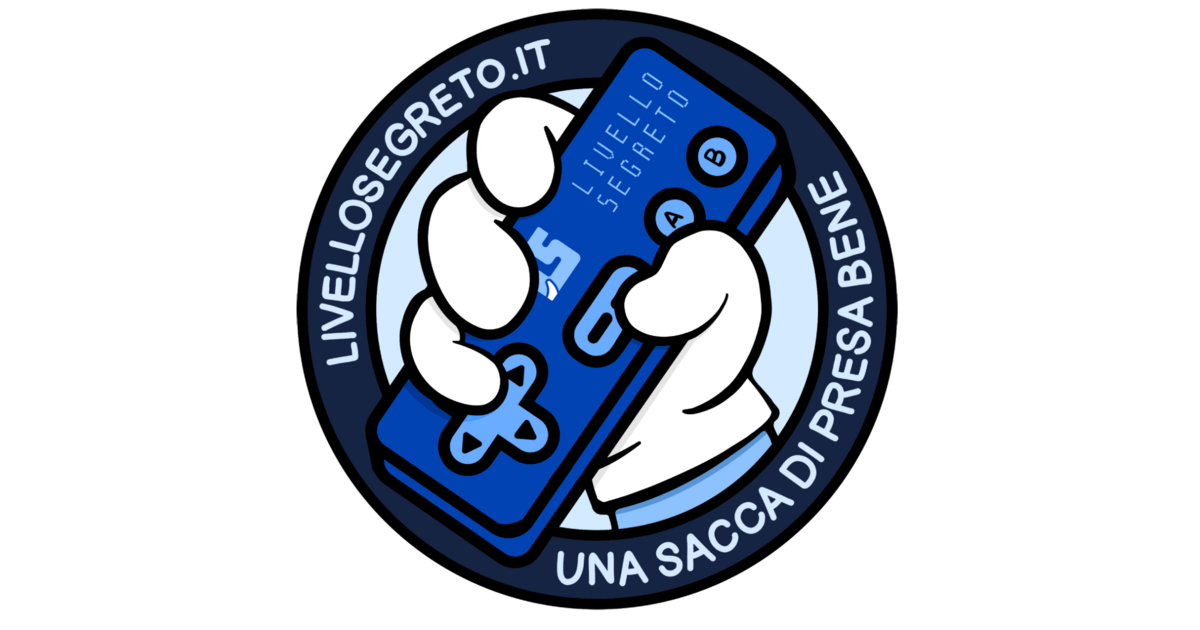Queen of Vietnam’s last imperial monarchy: Nam Phuong Empress (1914-1963). Her ordained name translates to “Fragrance of the South,” a fitting title for a woman ahead of her time, whose virtues, charm & charisma still linger with us to this day.
Daughter of one of Vietnam’s wealthiest 20th century families, she was born Marie-Thérèse Nguyen Huu Thi Lan. A native of Tien Giang Province, the queen-to-be was a French national, having been sent to an exclusive Catholic boarding school in Neuilly-sur-Seine, at age 12.
1.75 meters tall with Eastern features, Nguyễn Hữu Thị Lan was a great beauty. Legend has it that she was crowned Miss Indochina three times.
In his memoir Con Rồng An Nam, or Dragon of An Nam, Emperor Bảo Đại expressed his enchantment for his wife, “Lan had the beauty of a southern girl, tender and captivating. She enchanted me.”
For this reason, he later gave her the title Nam Phương, which, according to the emperor, means Parfum du Sud, or Perfume of the South.
According to historians, the royal family of the Nguyễn Dynasty were vehemently against this marriage in the beginning. To allow a French-educated woman who practiced a western religion to become the queen of a Confucian-influenced nation was unprecedented.
Emperor Bảo Đại was more than willing to break with precedent.
Nguyễn Hữu Thị Lan’s family also responded to the emperor’s proposal with conditions that made things even harder to accept.
All of these requests were unprecedented in Vietnam’s monarchy.
First & foremost, Nguyễn Hữu Thị Lan should be crowned as queen consort, or empress, on her wedding day. Secondly, she should remain a Catholic & all of her children be baptized & made Catholic. Most importantly, the couple must obtain permission from the Pope in order to let the emperor practice his Buddhism & his wife practice Catholicism.
Despite his mother’s disapproval, the emperor managed to meet most of the conditions & marry the object of his enchantment. What’s more, he agreed to renounce polygamy & take her as his only lawful wife.
In his address to the royal family, the emperor made his point clear, “I’m marrying for myself, not for the royal court.”
The wedding took place in March 1934, without the approval of the Vatican.
At Thái Hòa Palace, Nguyễn Hữu Thị Lan was crowned as the empress of An Nam, and titled Empress Nam Phương. He also broke a long-standing tradition by allowing the empress to wear yellow, a color unique to the emperor only.
Recalling this unprecedented historical event, Emperor Bảo Đại wrote:
“Yes, I made my wife queen in this marriage, even though queenship is a title usually given to a king’s wife only after her death. She was wearing a royal robe, a pair of upturned toe cap shoes, and a puffed bonnet embroidered with gemstones. That was the first time in the history of An Nam that a lady walked into the palace amid the ceremonious reception of the royal court. All by herself, she walked into the grand hall and waited for me there, sitting on a low wooden stool.”
After the controversial marriage, the royal family refused to let the newlyweds reside in the Forbidden City. Instead, they stayed inside Kiến Trung Palace. The interiors of this place were later remodelled in French style to become more modern & comfortable for the two who were already accustomed to Western lifestyles.
After his abdication on August 25th 1945, Emperor Bảo Đại had an affair with Lady Bùi Mộng Điệp, a Buddhist from northern Vietnam. Even though an official wedding between these two never took place, Lady Bùi Mộng Điệp was recognized & favored by the royal family. She was known to be very respectful & resourceful in organizing Buddhist-themed public events in the palace.
The relationship between the empress and the emperor slowly fell apart.
Empress Nam Phương had five children with Vietnam’s last emperor, whom she brought with her to France in 1947. They were Crown Prince Nguyễn Phúc Bảo Long, Lady Phương Mai, Lady Phương Liên, Lady Phương Dung, and Prince Nguyễn Phúc Bảo Thắng.
The royal family resided in the castle Thorenc in Cannes, a property of the empress’ family. Sometimes, the emperor travelled to France to visit them.
The empress passed on at the age of 49, without any family members by her side. In the last years of her life, she expressed her wish to have her body buried in Dalat, near her parents’ tombs, but her children didn’t agree with that.
Her funeral was carried out in such a quiet and simple manner that made it hard for the spectators to believe that the person lying in the coffin was a queen.
More:
https://vgt.vn/la-thu-dan-mat-tieu-tam-66-chu-cua-nam-phuong-hoang-hau-khien-nhan-tinh-cua-chong-day-dut-suot-doi-ihyes-20230625t6933047/?lang=en


